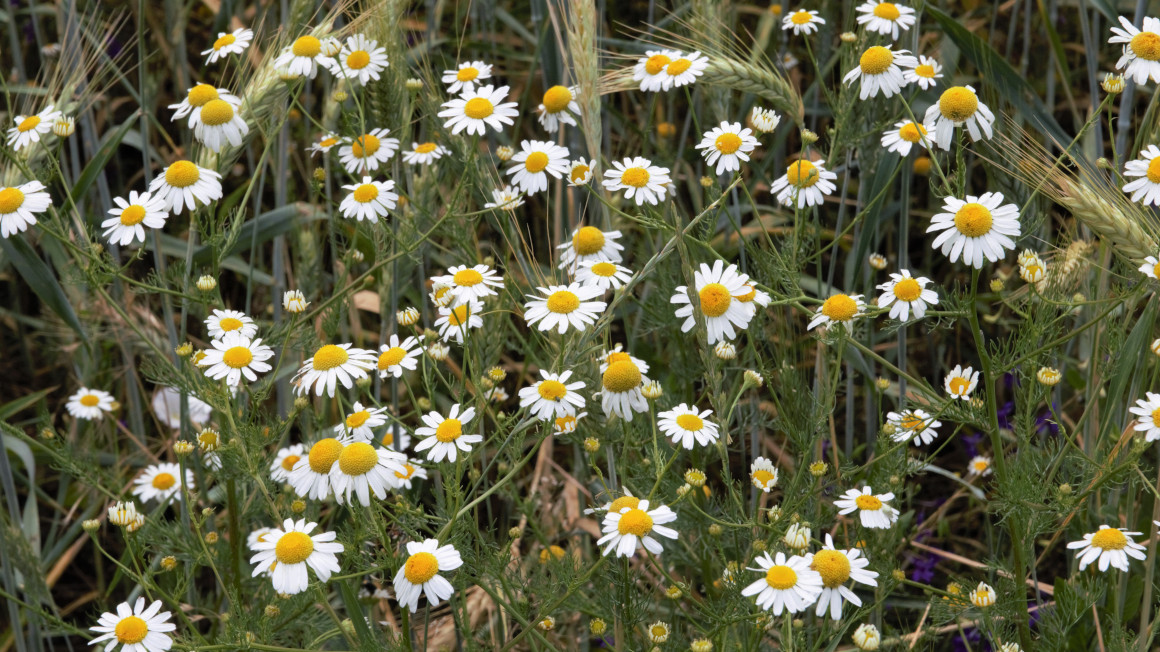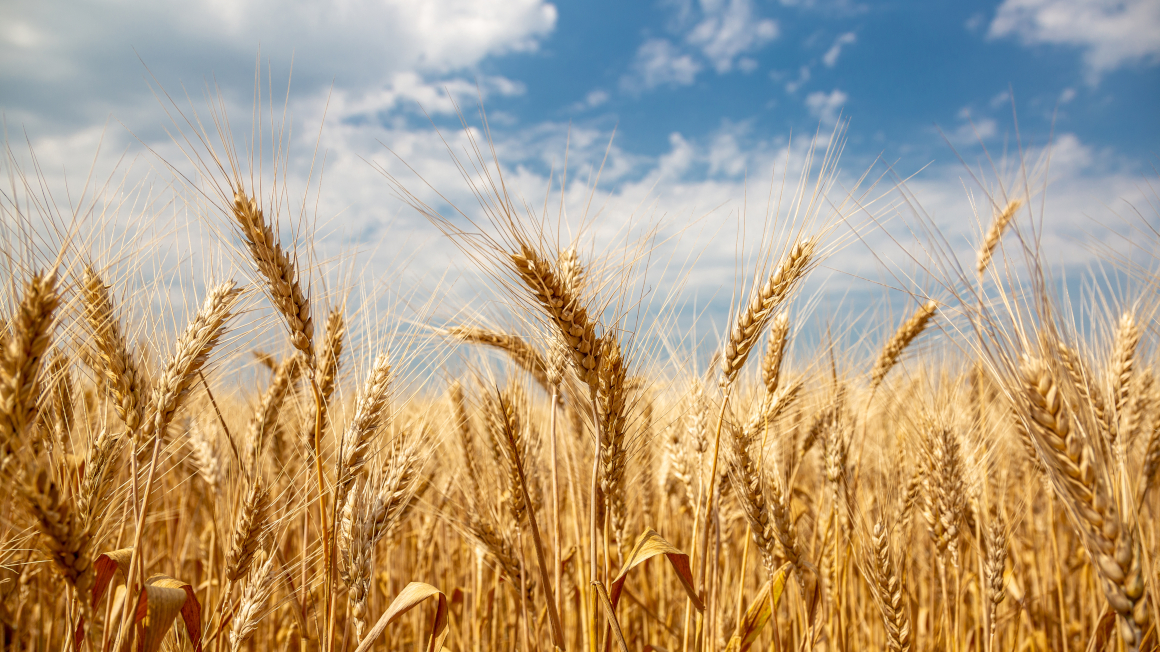Refining active plant ingredients
Active ingredients from medicinal plants such as thyme and chamomile can now be used even more effectively thanks to a new process.

Medicine has always relied on the healing powers of nature. Plant-based active ingredients are therefore a sought-after raw material for both the pharmaceutical and cosmetics industries. However, their extraction from medicinal plants such as thyme and chamomile is subject to natural fluctuations, so that the active ingredient content varies. In addition, climate change and barren soils further reduce the concentrations of the ingredients, thus lowering the quality of conventionally extracted essential oil. Researchers at the Brandenburg University of Technology Cottbus-Senftenberg (BTU) are now presenting a new process that enables the substances contained in the plants to be used almost completely to produce valuable extracts and distillates.
Valuable substances extracted from condensed water
A research team has now investigated conventional methods for producing essential oils, such as distillation, using the model plant thyme Thymus vulgaris L.. In the distillation of essential oils, water vapor is introduced into the plant, where it accumulates and condenses. The essential oils of the plant separate from the water in the process and are recovered separately. "The condensed water is not used," says Constantin Jurischka, head of the research group. "However, this water still contains dissolved components of the essential oil." So these substances contained in the water are lost. According to the researchers, however, these are often of high value. The research team has now harnessed these previously unnoticed valuable substances in water with the help of a newly developed process.
Increasing the active ingredient content of essential oils
"The water produced in conventional distillation can be recirculated, which influences the composition of the essential oil," Jurischka says. "The resulting oil can thus be enriched to a specified active ingredient content." The additional active ingredient yield would bring the product back into compliance with the specified standards, thus improving the quality of the essential oils.
Cultivation of medicinal plants as a new source of income
The researchers are convinced that higher active ingredient yields will make the cultivation of medicinal plants such as thyme and chamomile more attractive. "In view of uncertainties due to climate change and future land subsidy policies, the cultivation of medicinal plants that are often undemanding in terms of soil and location can represent an alternative source of income," says Jurischka. This would also intensify value creation on yield-critical areas and strengthen structurally weak regions. In addition, farmers can avoid the use of pesticides through innovative processes and thus promote biodiversity, the researcher argues.
bb


